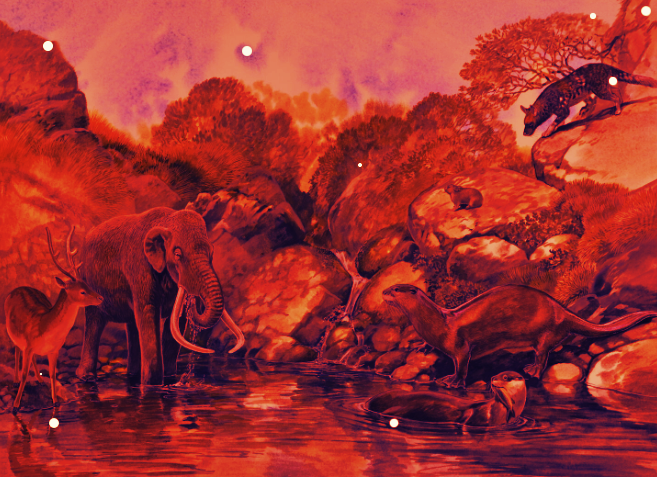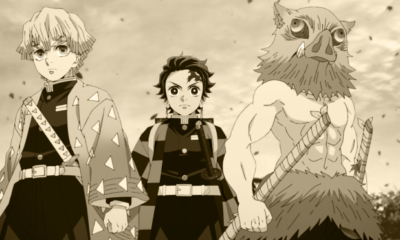islands
The islanders are giants, the dwarves are in danger of extinction

Evolutionary scenes
islets frequently have disparate ecological provisions that can conduct strange evolutionary circles, similar to pygmy mammoths and giant rats. Rozzi et al. examined extant and defunct species on the islets to determine if these evolutionary” oddities” were more hovered, chancing that both dwarf and giant species were at advanced threat of extermination. likewise, the appearance of humans, both once and present, has whisked their extermination. Island conditions created these unusual species and defended them, at least until humans gained the capability to cross abysses.
Abstract
The islets have long been honored as distinctive evolutionary arenas leading to morphologically distinct species similar to dwarfs and giants. We assess how the elaboration of the body size of islet mammals may have increased their vulnerability. How the appearance of humans contributed to their history and ongoing demolitions. By integrating data from,231 extant and 350 defunct species from 23 islets and pale islets in history. Million times ago We set up that the most extreme islet dwarfs and titans are more likely to come defunct and exposed. Compounding the extermination threat for the islet’s mammals is the appearance of ultramodern humans, which has accelerated the rate of extermination more than 10-fold, performing in the near destruction of these iconic prodigies of islet development.
The experimenters anatomized nearly,000 beast funds from 182 islets and used data from the IUCN Red List. They did this to determine the proportion of islets and terrestrial creatures that hovered or were defunct. To determine how big or small a particular islet species is, the platoon compared its mass to its terrestrial relative.
Further about islets and body millions
Overall, they set up a large difference in body mass between the islet species. Its landmass counterpart is associated with an advanced probability that the species is risked or becomes defunct. This measure was a stronger predictor of extermination threat than body mass alone. Why was relative size more important to species survival than size alone? maybe the relative differences between islet and landmass body mass are a more accurate suggestion. Of how strange a beast is or, biologically speaking, how ecologically naive, Rozzi said. Changes to the islet terrain or irruption by terrestrial species could jeopardize these aberrations.
Differences in size between the islet species and their landmass
Alternately, the large differences in size between the islet species and their landmass cousins. It may mean that drastic changes must have passed from an evolutionary perspective. A much lower species of mammoth may have had its bones fused together. Or a much larger tortoise may have spent further time developing in a vulnerable state.
The experimenters set up that the patient’s mortal presence on the world’s islets, beginning knockouts thousands of times agone, sped up the extermination process further than 10 times. still, the mortal intervention didn’t change the general trend that fairly larger and lower species were most at threat. This may be because nimrods prefer much larger species for a lesser price or lower species due to their shyness, or because of their novelty, species that are much larger or lower than terrestrial people are used to.
The outlook for the current global extermination extremity isn’t veritably good. But Rozzi and his platoon hope these findings will help concentrate conservation sweats on the important larger and lower species on the islets. These brutes, the study wrote, are” surviving evolutionary sensations of islet life,” a Whoville worth guarding.

-

 Technology3 years ago
Technology3 years agoNew ghost image algorithm creates a higher resolution image
-

 anime3 years ago
anime3 years agoMillions of anime fans will love this new feature on Sony TV
-

 cars3 years ago
cars3 years ago5Aston Martin Valkyrie Review 2023
-

 Mobiles3 years ago
Mobiles3 years agoMillions of users can access the hidden Netflix update
-

 Health2 years ago
Health2 years agoChina’s Healthcare System: The Top 5 Hospitals for Quality Care
-

 Technology2 years ago
Technology2 years agoWhat is a VPN | How VPNs Work
-

 News3 years ago
News3 years agoBMW will bring casual video games to its curved screen in 2023
-

 Mobiles2 years ago
Mobiles2 years agoHow to set a VPN on Android without an app
